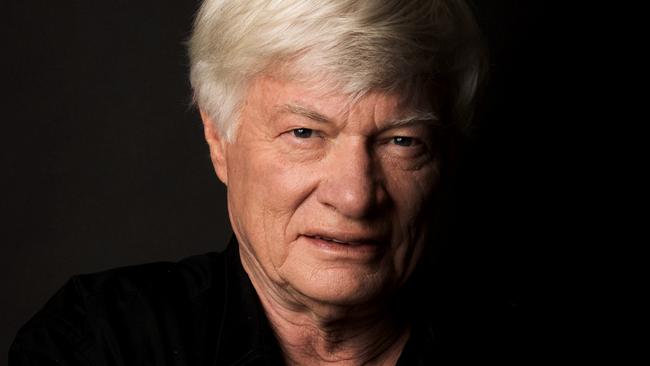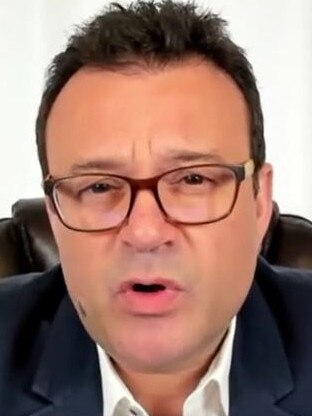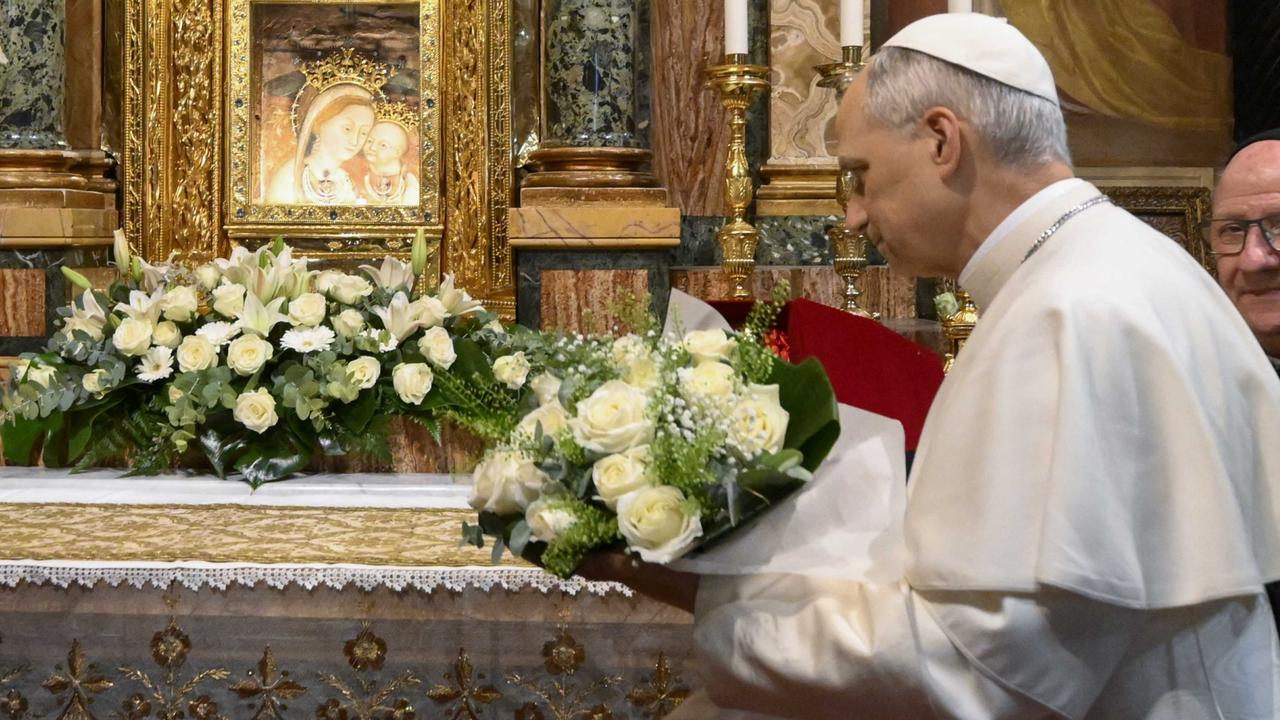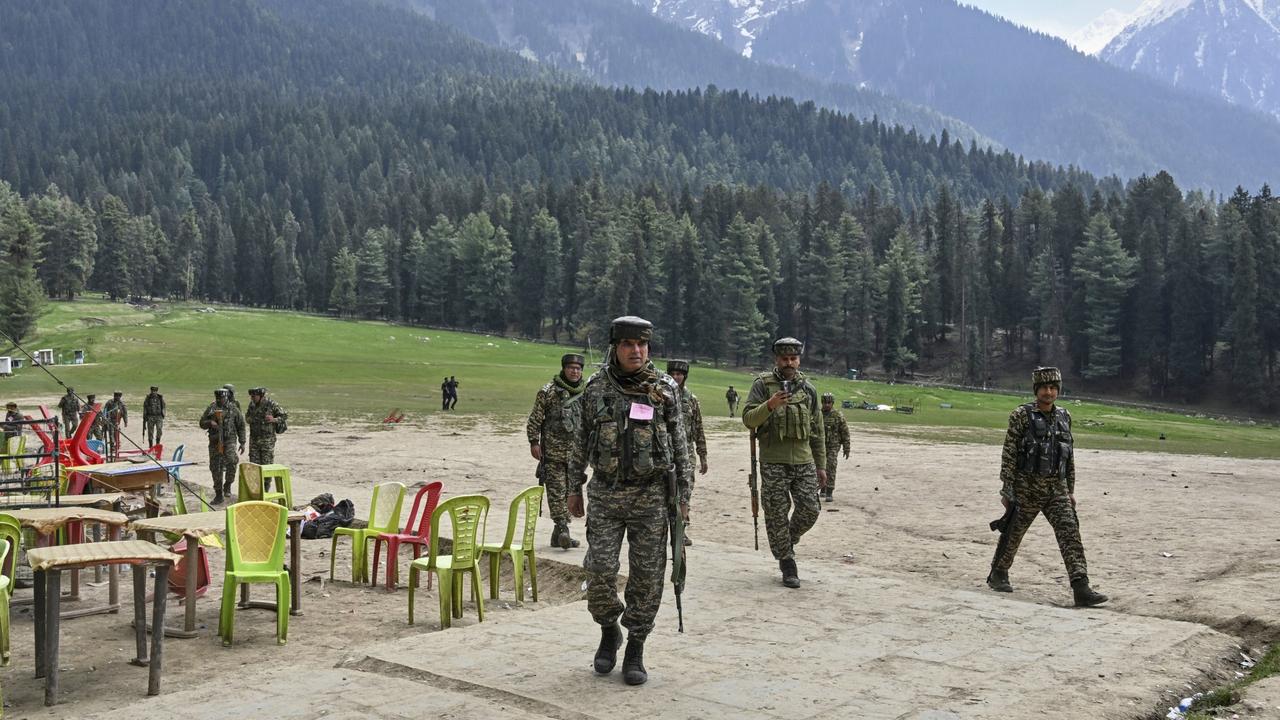Government’s handling of Australians stranded overseas blasted
Geoffrey Robertson says Australia will ‘lose its reputation on human rights’ if it fails to act on UN ruling to bring Australians home.

International law expert Geoffrey Robertson QC says Australia will “lose its reputation as a supporter of human rights” if the federal government fails to act on a ruling from the United Nations to bring stranded Aussies home.
The UN Human Rights Committee on Friday ruled the Australian government must “facilitate and ensure” the prompt return of two Australian men.
The case had been brought before the UNHRC under the guidance of Mr Robertson, as part of FreeAndOpenAustralia.org group (formerly StrandedAussies.org).
It argued that Australia had breached the International Covenant on Civil and Political Rights by preventing their return home because of “arbitrary caps on airline travel”.
“Under international law, the government does have a duty to get people back to their native land,” Mr Robertson told The Australian.
“The Australian government has always insisted and always taken an international stand that it‘s in favour of human rights. It will seem hypocritical if they fail to act on this response.”
As Australia does not have a Bill of Rights to protect the freedom of movement, Mr Robertson said he was forced to take the issue to the United Nations.
He hopes the interim measure to bring the two men home will “cause the government to reconsider” their treatment of Australians stuck overseas.
Some 34,500 people are still registered with the Department of Foreign Affairs and Trade as wanting to come home, including 5000 classified by the Australian government as vulnerable.
One of the complainants, Jason George, said his return was an important moment for the case, but “the fight is not over.”

Mr George holds a degree in microbiology from the University of Warwick and currently resides in New Jersey, United States where he works in the pharmaceutical industry.
He and his wife Deborah — both vaccinated — would like to return to Tasmania to be by the side of a close family member who is currently undergoing treatment for cancer.
“There‘s an awful lot of Australians out there who are in more awful positions than I am and I would frankly prefer to be the last person taken out than the first,” he said.
“I won’t be satisfied until everyone is returned safely home.”
Both men — the other named Alex, also vaccinated, — are willing to do 14 days quarantine.
Citizenship law expert Kim Rubenstein, who helped bring the case before the UNHRC, said while the interim measure only required to bring the two men home, “the implication is that they should facilitate the return of all other Australians as well.”
“Any government will ultimately have their own sovereign right to decide if it agrees with the determination, but politically it is the UN saying that Australia should fulfil its responsibilities until it’s decision is finalised.”
Health Minister Greg Hunt yesterday responded to the bombshell request from the UN, saying
“hundreds of thousands” of Australians had returned home through the hotel quarantine system, when asked about the development in a press conference on Saturday.
“Our goal is very clear, to bring as many Australians home as early as possible,” he said.
“We welcome the fact that Victoria has reopened its hotel quarantine system and that will allow more Australians to come home earlier.
“New South Wales has been the backbone of it, and Queensland and Western Australia and others have all played a very significant part.
“But the reopening in Victoria, I think, will help address that problem, and it will mean more Australians home, earlier.”
Foreign Affairs Minister Marise Payne did not respond to a request for comment.





To join the conversation, please log in. Don't have an account? Register
Join the conversation, you are commenting as Logout